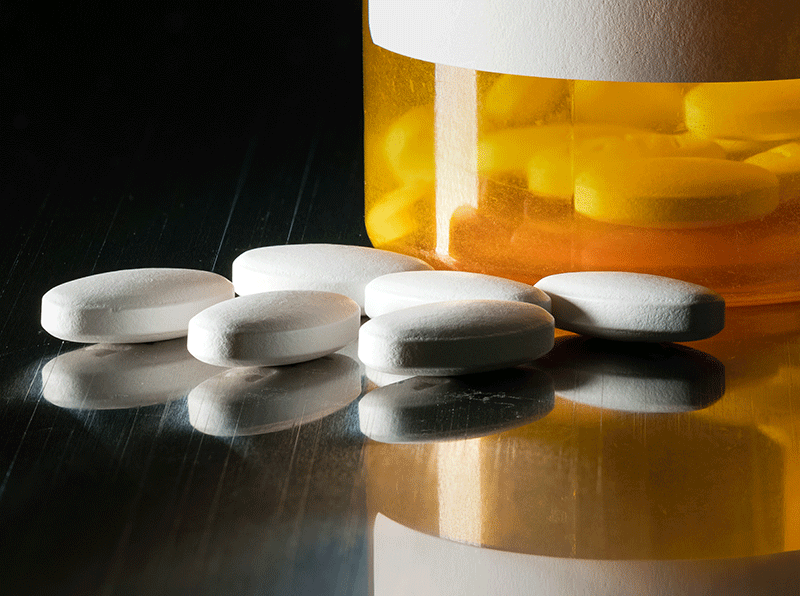
The possible link between physicians’ opioid prescription patterns and subsequent abuse has occupied the attention of a nation in the throes of an opioid crisis looking for ways to stem what experts have dubbed an epidemic. Most clinical efforts have focused on minimizing risk through dosage management, but a new study led by investigators at Harvard Medical School suggests that the dose may not always make the poison.
The findings, published Jan. 17 in BMJ, show that among surgery patients with no history of recent or chronic opioid use how long a person takes the drugs for is a more potent predictor of abuse and overdose than how much medication a patient takes. Dosage, however, emerged as a powerful risk indicator among those who took the medications for extended periods, the research found.
The study—based on analysis of more than a half million records of privately insured patients who received opioids after surgery between 2008 and 2016—represents the largest effort to date to quantify opioid misuse following surgery.
The findings provide much-needed insight and nuance into the complex dynamic that may fuel opioid misuse, the researchers said. The results, they added, could help inform field-specific guidelines for a medical specialty that, more than any other, relies on opioid pain management. Indeed, research shows that surgery patients are four times more likely than other patients to receive opioids.
“We are in the midst of an epidemic, and physician prescription practices play no small part in it,” said study senior investigator Nathan Palmer, a biomedical informatics researcher at Harvard Medical School. “Understanding differences in risk for opioid misuse across various patient populations and clinical contexts is critical in informing the creation of narrowly tailored guidelines, clinical decision making and the national conversation on this topic.”